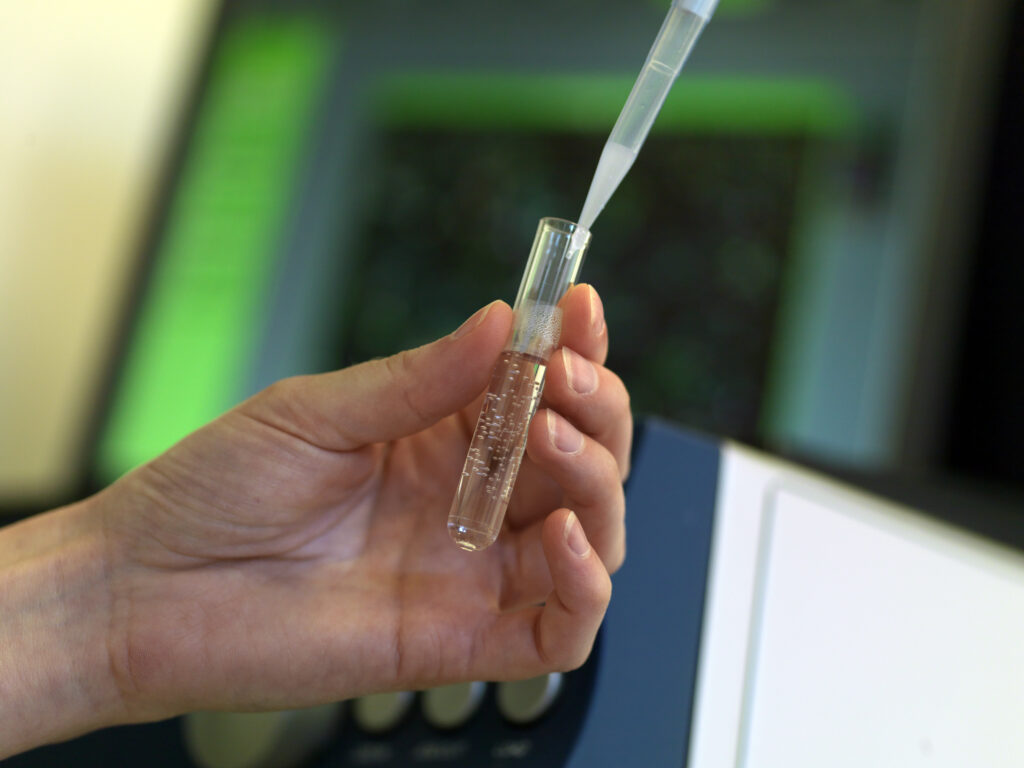By Pedro Sá and Rodrigo Godinho
The GEroNIMO project (Genome and Epigenome eNabled breedIng in MOnogastics) is a new project funded by the European Union. This project focuses on the in-depth characterization of the genetic and epigenetic landscapes of different tissues associated with key production traits, including semen production traits in pigs. Ultimately, GEroNIMO aims to provide knowledge on new breeding strategies by incorporating epigenetic information in animal selection.
Epigenetics is the study of changes in gene function that do not entail a change in DNA sequence itself. In recent years, epigenetic changes have been shown to contribute to variation in quantitative traits. These changes can occur, for example, in response to changing environmental conditions.
However, the mechanisms that regulate the establishment of epigenetic factors and their contribution to variation in fertility and semen traits are not fully understood.
A large-scale integration of genomic, epigenomic and transcriptomic data can shed light on the role of seasonality and other environmental factors in shaping the expression of phenotypes.
The GEroNIMO project will characterize the contribution of the genome, epigenome, and transcriptome to phenotypic variation in CASA (computer assisted sperm analysis) traits in a large collection of semen samples. This includes data on CASA phenotypes and DNA polymorphisms from thousands of boars, DNA methylation in 500 ejaculate samples from boars at two different ages, and gene expression in 200 ejaculate samples.
In addition, the extent to which environmental factors influence the epigenetic landscape of sperm cells will also be assessed. This information will allow the identification of genetic and epigenetic loci associated with CASA traits and an estimation of the methylation heritability of these traits.
Finally, this research will help to gain insight into the effects of season and age on epigenetic variation and transcript content. Understanding the fundamental nature of non-genetic contributions to semen traits may have important applications in pig breeding programs by describing the molecular mechanisms by which the environment shapes the phenotype.

